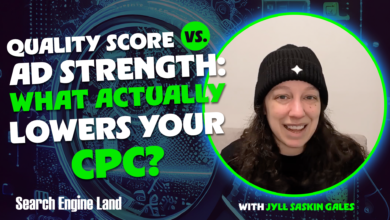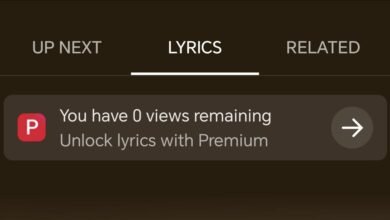Google Cracks Down on Deceptive Pricing in Ads

▼ Summary
– Google is updating its Misrepresentation policy to require advertisers to clearly disclose the full cost a user will incur before and after a purchase.
– The policy explicitly prohibits pricing practices that create a false impression of cost, such as bait-and-switch tactics and price exploitation.
– Enforcement of the updated policy will begin on October 28, 2025, with full implementation taking about four weeks.
– Advertisers who violate the policy will receive a warning at least seven days before any account suspension occurs.
– Google recommends advertisers review and remove any non-compliant ads before the enforcement date to avoid negative impacts on their accounts.
Google is implementing a significant update to its Misrepresentation policy, focusing squarely on dishonest pricing practices. Starting in late 2025, advertisers will be required to provide clear and upfront disclosure of the total cost a user will incur, both before and after completing a purchase. The goal is to eliminate any misleading impressions about the final price of a product or service, preventing consumers from facing unexpected or inflated charges.
The revised policy explicitly forbids several deceptive strategies. Bait-and-switch tactics are strictly prohibited, meaning advertisers can no longer lure customers with an unrealistically low price for an item they have no intention of selling, only to pressure them into a more expensive alternative. The policy also targets price exploitation, which involves taking advantage of individuals in vulnerable situations—such as a locksmith demanding a payment far above the initial quote under threat of leaving the customer stranded. Furthermore, promoting apps as “free” when a payment is required for installation, or offering a free trial without clearly stating its duration and the fact that automatic charges will follow, are now clear violations.
Enforcement of these new rules is scheduled to begin on October 28, 2025. Google has indicated that full enforcement will be phased in over a four-week period. Importantly, an initial violation will not result in immediate account suspension. Advertisers will receive a warning at least seven days before any suspension takes effect, providing an opportunity to make necessary corrections.
Google strongly advises all advertisers to carefully review the updated policy to determine if any of their current ads are non-compliant. Any advertisements that fall under the scope of these new regulations should be removed before the enforcement date to avoid potential negative impacts on campaigns and overall account standing. While Google Ads Liaison Ginny Marvin has described this as a “minor update” to the broader policy, the changes represent a meaningful step toward greater pricing transparency for users.
(Source: Search Engine Land)





